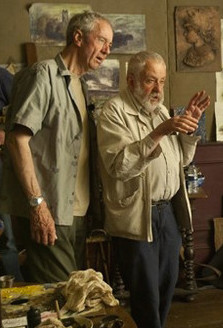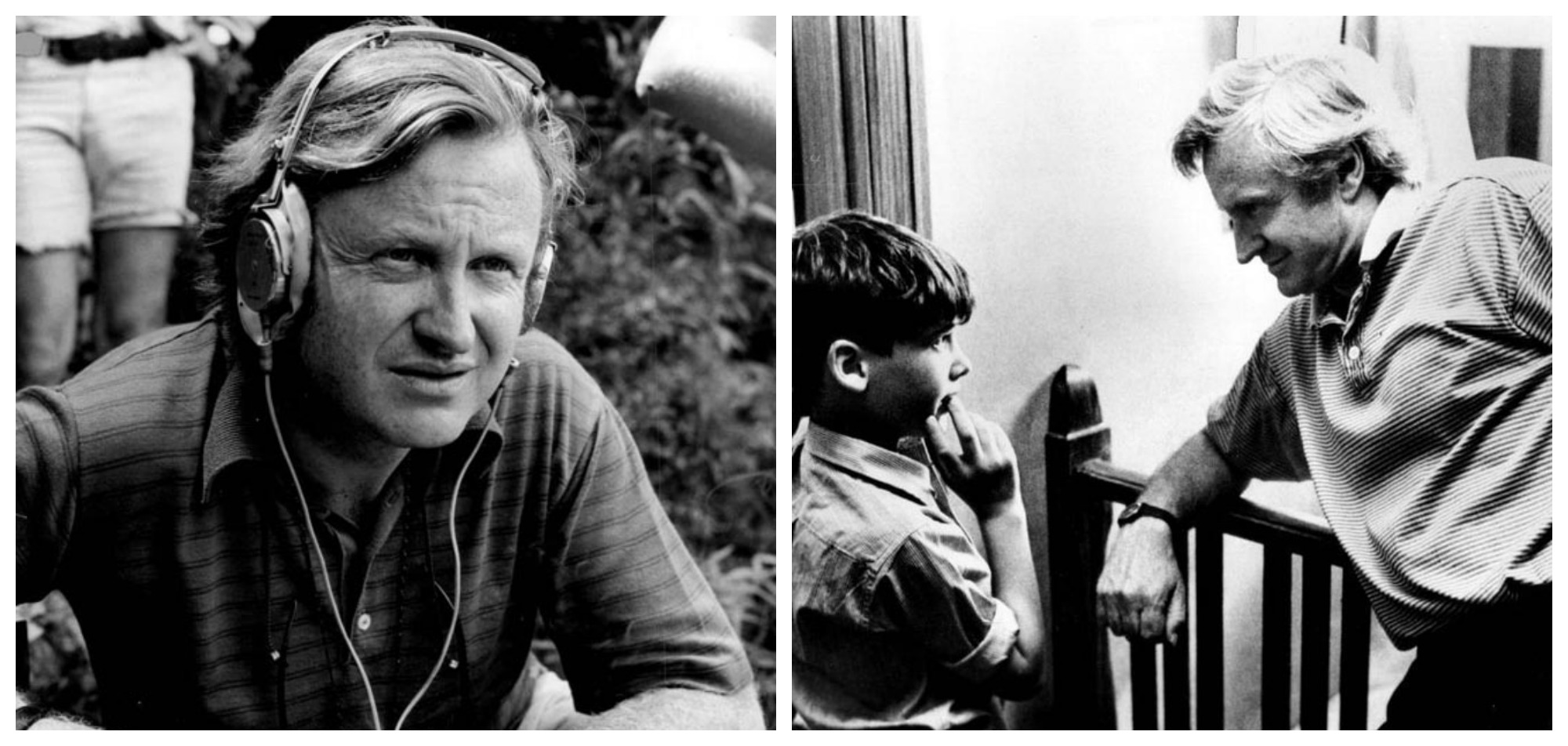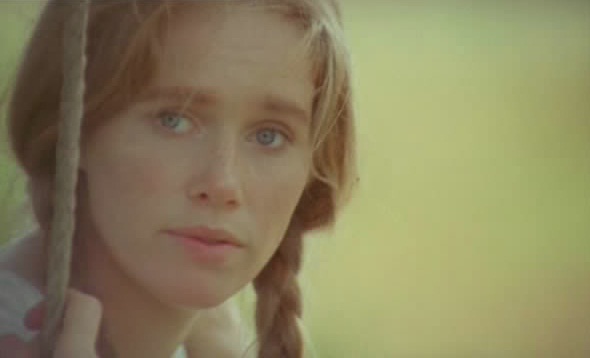Box Office: Wild Tales of CG Mice and Mike Leigh's Success
 Sunday, March 15, 2015 at 1:45PM
Sunday, March 15, 2015 at 1:45PM For today's box office charts, since there isn't much news beyond Cinderella's expected but terrific opening, here's two charts. 1) The unavoidable movies and 2) the movies you have to seek out. The quality differential is damn frightening. Every single one of the platform toppers are really good! If only audiences could have better taste... sigh... but it's not all their fault. The studios have trained moviegoers to not seek quality since quality is harder to sell and easy marketing hooks are a far more fail safe option with which to run a business since quality (a tough job) is neither here nor there. And once people stopped seeking quality, it got harder and harder to find even if you were seeking. The story of the dwindling of the American arthouse. Well, that and the fast turn-around to DVD and On Demand.
 Erica Rivas in WILD TALES. Her wedding doesn't go as well as CINDERELLA's.
Erica Rivas in WILD TALES. Her wedding doesn't go as well as CINDERELLA's.
WIDE RELEASE
01 Cinderella $70 NEW Review
02 Run All Night $11 NEW
03 Kingsman: The Secret Service $6.2 (cum. $107.3) Review
04 Focus $5.8 (cum. $44)
05 Chappie $5.8 (cum. $23) Review
PLATFORM RELEASE
01 Wild Tales (68 Theaters) $.2 (cum. $.8) Review
02 '71 (65 Theaters) $.2 (cum. $.3) Review
03 It Follows (4 Theaters) $.1 NEW Review
04 Mr Turner (89 Theaters) $.1 (cum. $3.7) Review & Interview
05 Red Army (58 Theaters) $.07 (cum. $.4)
 Oscar nominated Dick Pope and Mike Leigh on the set of Mr TurnerIt Follows, the latest buzzy horror had the week's best per screen average. More artistically leaning horror films have been on a real roll lately creatively but the public interest hasnt yet been piqued so they haven't peeked. Mr Turner is closing out its run soon but it did well... Mike Leigh movies tend to gross right below that region in the US. The ones that Oscar likes do best which probably isn't a surprise: Secrets and Lies (5 nominations, all in top 8 categories) grossed roughly quadruple what his films usually gross; Topsy-Turvy (4 nominations... mostly in craft categories and his only film to win Oscars, 2 of them) is his second most popular; Vera Drake (3 Oscar nominations, all in top 8 categories) and Mr Turner (4 Oscar nominations, all in craft categories) grossed slightly more than his usual releases. This explains why SPC is so obsessed with releasing them in December but it's a pity because some of them without obvious Oscar hooks need more time to build. Another Year, I maintain, would have been far more successful if released in the fall because it's quiet and contemporary and its power sneaks up on you.
Oscar nominated Dick Pope and Mike Leigh on the set of Mr TurnerIt Follows, the latest buzzy horror had the week's best per screen average. More artistically leaning horror films have been on a real roll lately creatively but the public interest hasnt yet been piqued so they haven't peeked. Mr Turner is closing out its run soon but it did well... Mike Leigh movies tend to gross right below that region in the US. The ones that Oscar likes do best which probably isn't a surprise: Secrets and Lies (5 nominations, all in top 8 categories) grossed roughly quadruple what his films usually gross; Topsy-Turvy (4 nominations... mostly in craft categories and his only film to win Oscars, 2 of them) is his second most popular; Vera Drake (3 Oscar nominations, all in top 8 categories) and Mr Turner (4 Oscar nominations, all in craft categories) grossed slightly more than his usual releases. This explains why SPC is so obsessed with releasing them in December but it's a pity because some of them without obvious Oscar hooks need more time to build. Another Year, I maintain, would have been far more successful if released in the fall because it's quiet and contemporary and its power sneaks up on you.
TFE Recommends: Do yourself a huge favor (if you haven't yet) and take a group of friends to see Argentina's Oscar nominee Wild Tales. It's so funny and comedies are always best with a group. Super accessibly entertaining too as long as your friends know how to read or can speak Spanish. I'm dying to hear which is your favorite from the six short films within the film. I'm partial to "The strongest" (#3) and "Until death do us part" (#6) but they're all good.
What did you see this weekend? If you saw Cinderella chat about that here. I liked it but I really wanted Lucifer to eat those damn CG mice.








